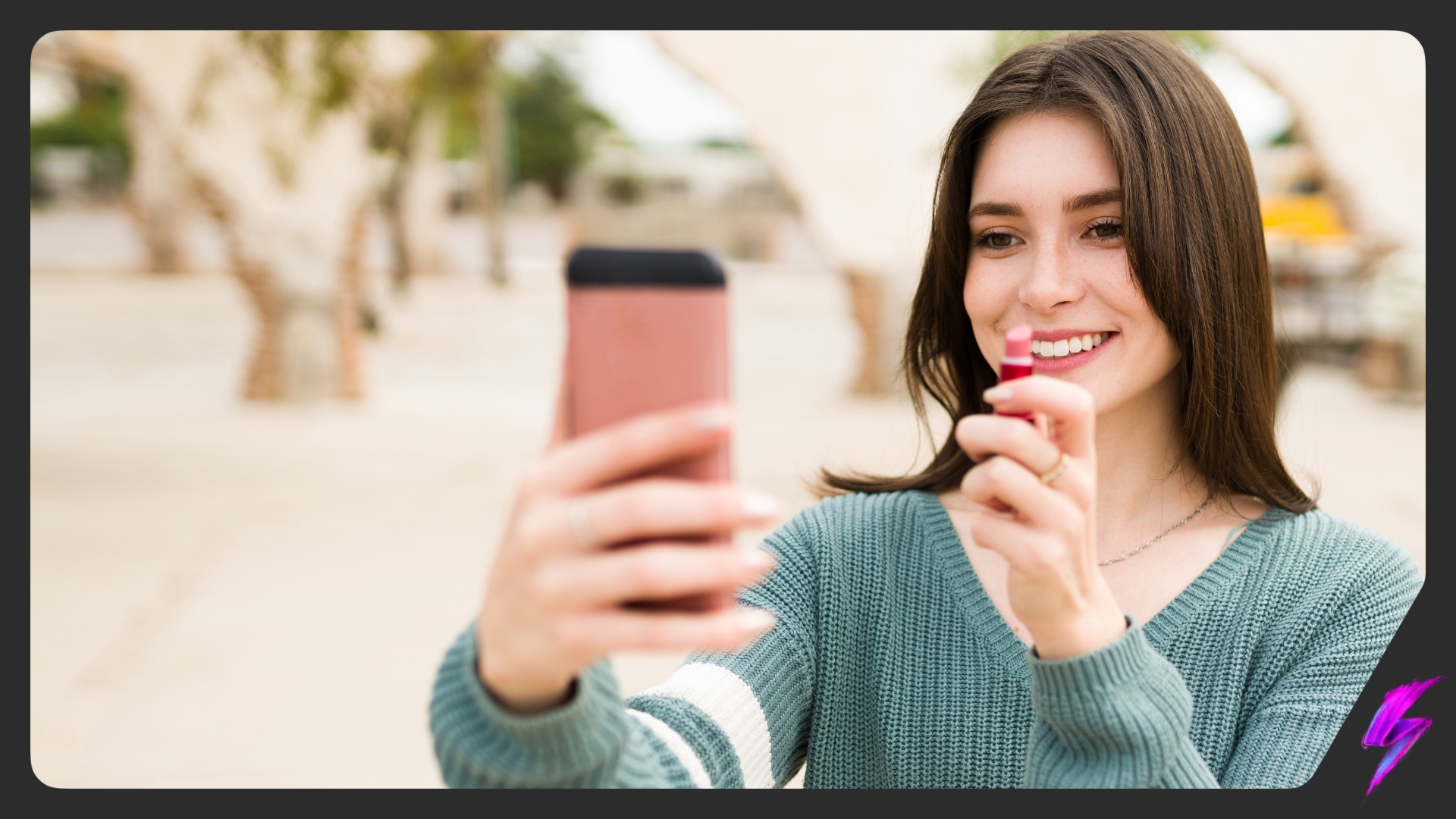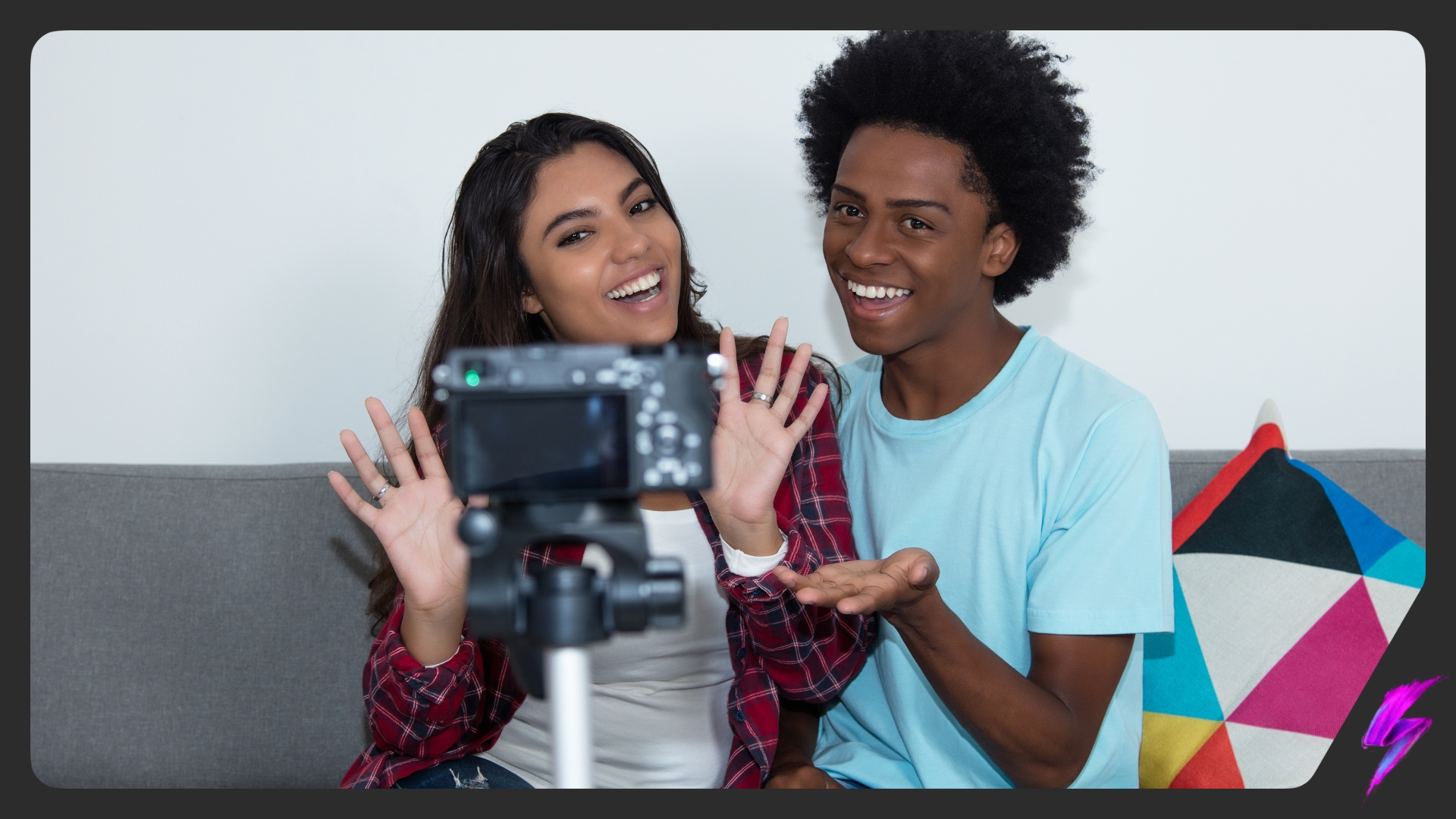The State Of AI Influencer Marketing In 2023: Looking Ahead To 2024
Dec 19, 2023
Influencer News
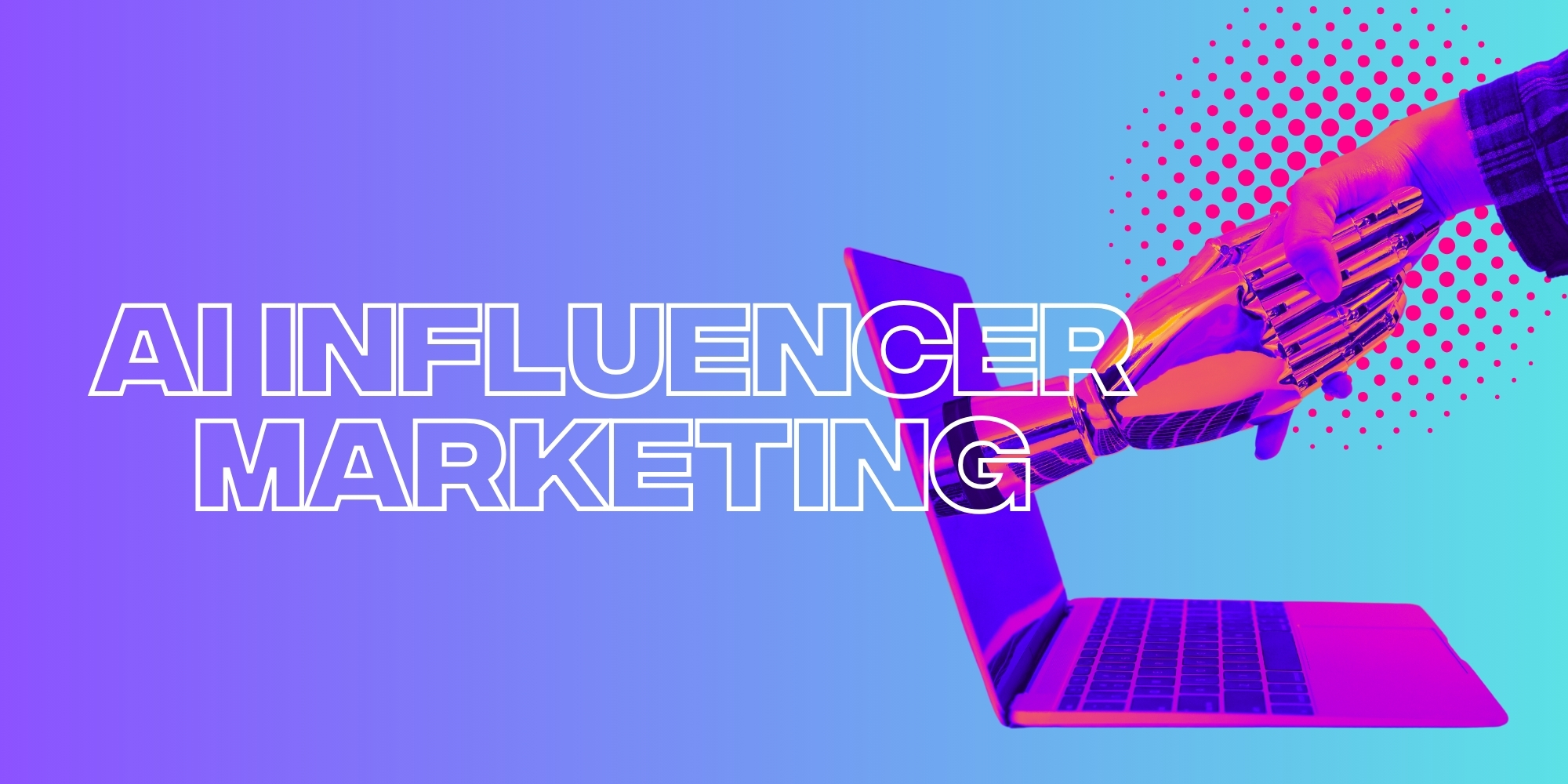
2023 has been filled with many weird and wonderful trends. Burning hot and fast, these fads left our lives almost as quickly as they entered them. Yet, one trend has decided to not only stick around, but dictate the face of marketing for seemingly years to come. Generative AI-created influencers.
The buzzword on every marketer’s lips this year, ‘AI influencer marketing’, has caused quite a stir amongst brands and consumers alike. From their ability to work 24/7 to their versatility, AI influencers are an incredibly exciting prospect to marketers.
With this year slowly drawing to a close, many of us are left pondering the ever-evolving role of AI influencers in our lives, and the internet’s, and what it will look like in the years to come.
Ultimately, if AI influencers are able to win over the remaining percentage of consumers and brands who are yet to embrace them – by emphasising their trustworthiness and authenticity – then they will become not merely a trend, but a way of life.
Back To Basics
First, let’s take a step back. What actually is AI influencer marketing?
AI influencer marketing is marketing that uses AI influencers. These influencers are created and maintained by generative AI (gen AI). Put simply, gen AI is artificial intelligence that has the ability to take inputted data, learn from it, and produce new data with similar characteristics.
As a technology, gen AI is rapidly-evolving day by day. Programs such as ChatGPT, which has the ability to produce human-like text, have become a part of many netizens’ everyday lives at an alarming rate.
Brands, too, are leaning hard and fast into gen AI. Many major brands have become massive investors in the technology, with equity funding for gen AI startups hitting $14.1 billion in the first half of 2023. This number, when compared to the mere $2.5 billion these startups received in 2022, shows the stark increase in industry acceptance of gen AI.
Whilst gen AI has a myriad of wild and wonderful applications, from a marketing perspective its most interesting use is found in AI influencers.

The current state of AI influencer marketing
By this point, you should be accustomed to virtual influencers.
Accounts such as Lil Miquela and Lu do Magalu have grown massive followings on social media, with the latter currently having 6.6M followers on Instagram. Virtual influencers have successfully wormed their way into the marketing industry, securing brand deals, partnerships and more. Their success has been widespread, allowing brands the opportunity to reach wider audiences and create viral moments.
AI influencers are distinctly different from virtual influencers in that they exist due to gen AI. Meaning, that whilst Lil Miquela has a team of humans behind her creating her posts, writing her captions and generally pulling her strings, AI influencers are completely run by computers.
Via new technologies, AI influencers can be created with a small amount of human input and just a few minutes of time. These new influencers can livestream 24/7, interact with consumers in real time, and even handle and promote products.
Whilst these AI influencers are yet to make major waves in the Western market, they are causing quite a stir across the pond.
@88.tom 🤖 The future is here. Deepfaked influencers are taking over China’s livestream shopping scene! With just 1 minute of video, brands can now create an AI version of themselves to sell goods 24/7. Disclaimer: The AI streamers in the video are trained on real people using AI to deepfake the face and to generate voice/script. AI avatars cannot be generated 100% by text alone at this time. So if you’re a livestream influencer, you still have time. 🫠 #fyp #foryoupage #AI #deepfake
In China, AI influencers are taking over the livestream world. Companies are creating influencers with the sole purpose of using them to livestream on popular e-commerce platforms such as Douyin. Some livestream influencers have even paid to create deep fakes of themselves, allowing them to livestream constantly without break. As a result, past midnight, it is rare to find a livestream not run by an AI influencer promoting a product.
Whilst AI influencers are still tip-toeing around the edge of the Western market, there is a growing demand for their use. Recent studies have found that just under 60% of marketers have already worked with AI influencers in their marketing campaigns, and 15.5% of those who have not are seeking to in the future. On top of this, 49.3% of marketers view AI influencers in a very positive light, in terms of their effectiveness.
Thus, what is causing this resistance to fully accepting AI influencers and embracing AI influencer marketing? Potentially, it is a fear of consumer reception.
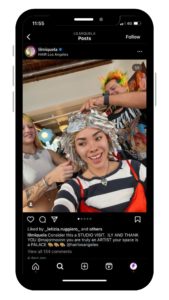
What do Consumers Think?
A major continuing concern from marketers on the AI influencer marketing, is how consumers will respond. Brands are reluctant to invest in a technology that may hinder their campaign success.
Yet, this reluctance is largely misplaced. Consumers are continuing to prove that they connect well with AI influencer marketing. Studies have shown that consumers are just as likely to purchase from an AI influencer as they are from a human influencer. Moreover, research has found that AI influencer marketing is just as effective at creating word of mouth and follow intentions as its human counterpart. As such, it seems that consumers are ready to accept AI influencer marketing as a part of their daily lives.
This is not to say that AI influencer marketing does not have flaws, however. The area that AI influencers continue to fall down in, is trustworthiness and social-psychological distance. Studies have found that users view AI influencers as less trustworthy and more ‘otherly’ than human influencers.
These views, that AI influencers are more difficult to trust and more distant from users, are fuelling two major consumer concerns on the topic; authenticity and product-endorser fit.
Research has found that the biggest consumer concern in relation to AI influencer marketing is authenticity; an extension of an overarching theme that we have seen this year in marketing in general. Authenticity continues to rear its head as the biggest consumer concern of not merely just AI influencer marketing, but also marketing in general. The modern consumer wants authenticity from brands, and thus genuine marketing and influencer partnerships by extension.

Another key concern for consumers when it comes to AI influencer marketing, is product-endorser fit. Ensuring that the partnering of AI influencers and products seems natural and of value to consumers is essential.
Recently, a study was conducted to try and ascertain if consumers are more likely to purchase from AI influencer marketing over humans. Female consumers were shown ads for hand cream and speakers from both an AI influencer and a human influencer. At the end of the study, it was found that the users were more likely to purchase the speaker when it was advertised by the AI influencer, yet more inclined to buy the hand cream when it was coupled with the human influencer.
Therefore, there is not a question of AI-versus-humans creating an intention to purchase more effectively, but rather product-endorser fit.
What is intriguing, as a marketer, about these concerns, is not their existence nor their content, but the fact that they are the same core concerns consumers hold regarding human influencers.
Consumers desire the same things from AI influencers that they do from human influencers; authenticity, relatability, and genuine partnerships that they can trust.
It seems marketing with AI influencers might not be so different from human influencers after all.
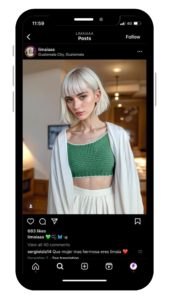
The future of AI influencer marketing
Looking ahead to the future, it is clear that AI influencers are ringing in a new age of marketing. With almost 60% of the industry already engaging with these influencers, and consumers responding increasingly well to them, AI influencers are set to be more than just a small part of the future of marketing.
Yet, winning over the remaining 40% of the industry will take time and effort. Proving the effectiveness of AI influencers, and their ability to form human connections with consumers, will surely be the key.
On the consumer side, emphasising AI influencers as authentic via genuine brand partnerships and carefully-considered product-endorser fit, will be essential to maintaining consumer happiness.
In the end, fostering transparency, clear communication and a wide variety of positive examples will greatly improve both brands’ and consumers’ opinions on AI influencer marketing. These influencers do have the ability to transform the marketing industry in even greater ways than they have thus far, but only if core consumer concerns are addressed, and marketers are shown how effective AI influencers can be.
It is interesting to consider how AI influencers might shift to face these concerns. Will they pursue human-like qualities and merge into flawless copies of regular influencers? Or, will they stay in a realm all their own and wait for our opinions to align with their existence?
No matter how AI influencers evolve in 2024, one thing is for certain; they are here to stay. These exciting new influencers offer up an immense number of enticing opportunities for marketers and consumers alike. For those still on the fence, be sure to jump on this train before it leaves your station.
Our influencer marketing agency and social agency are located worldwide, with our agency network based in the USA, UK, UAE and China.
If you want to find industry insights, visit our influencer marketing and social media blogs.
@ Socially Powerful
Social And Influencer Marketing News + Insights
Get in touch
We'll show you how to start powerful conversation, drive social engagement, build your brand, hit sales targets or meet other goals you have, wherever you are in the world.
Work with us

